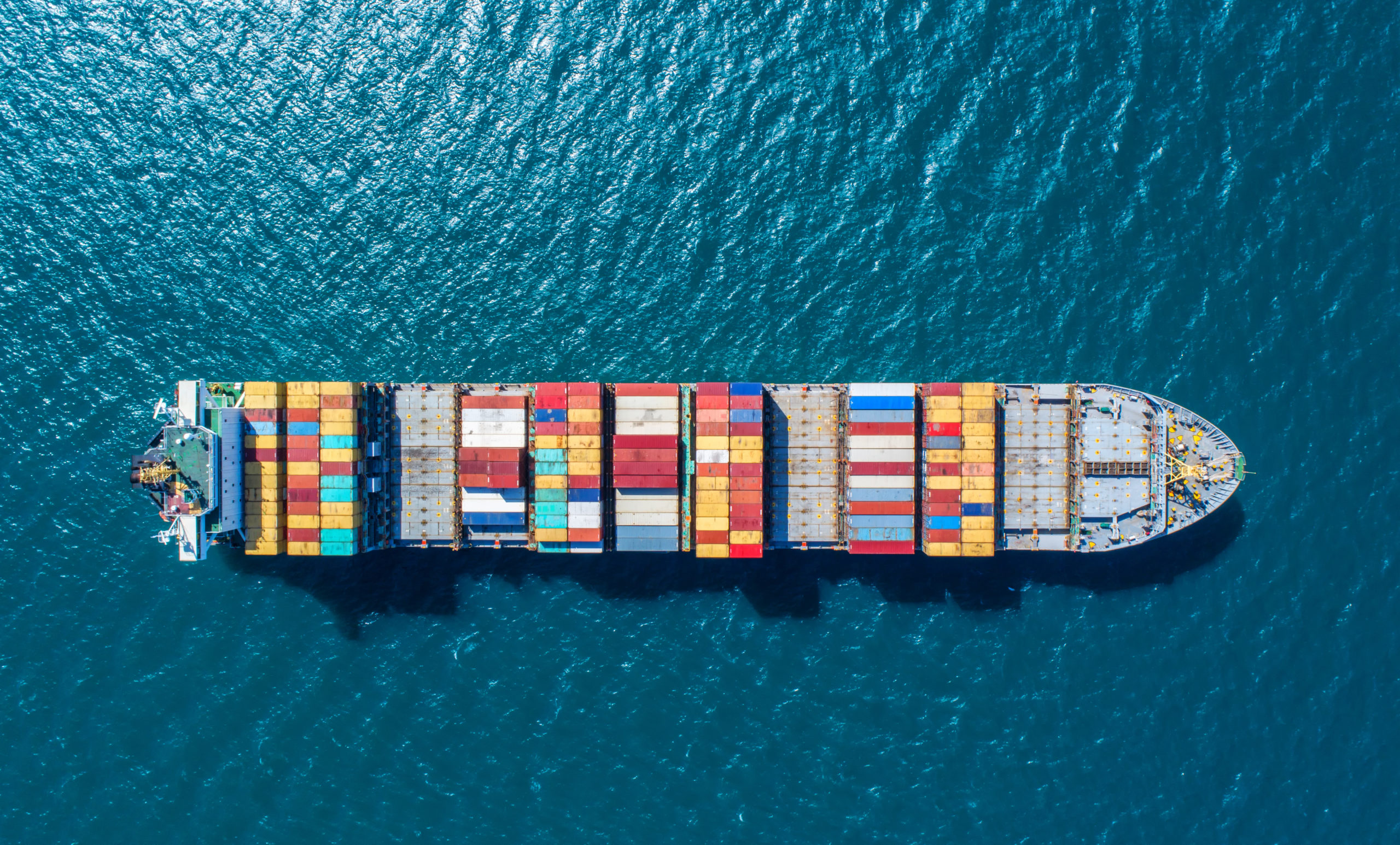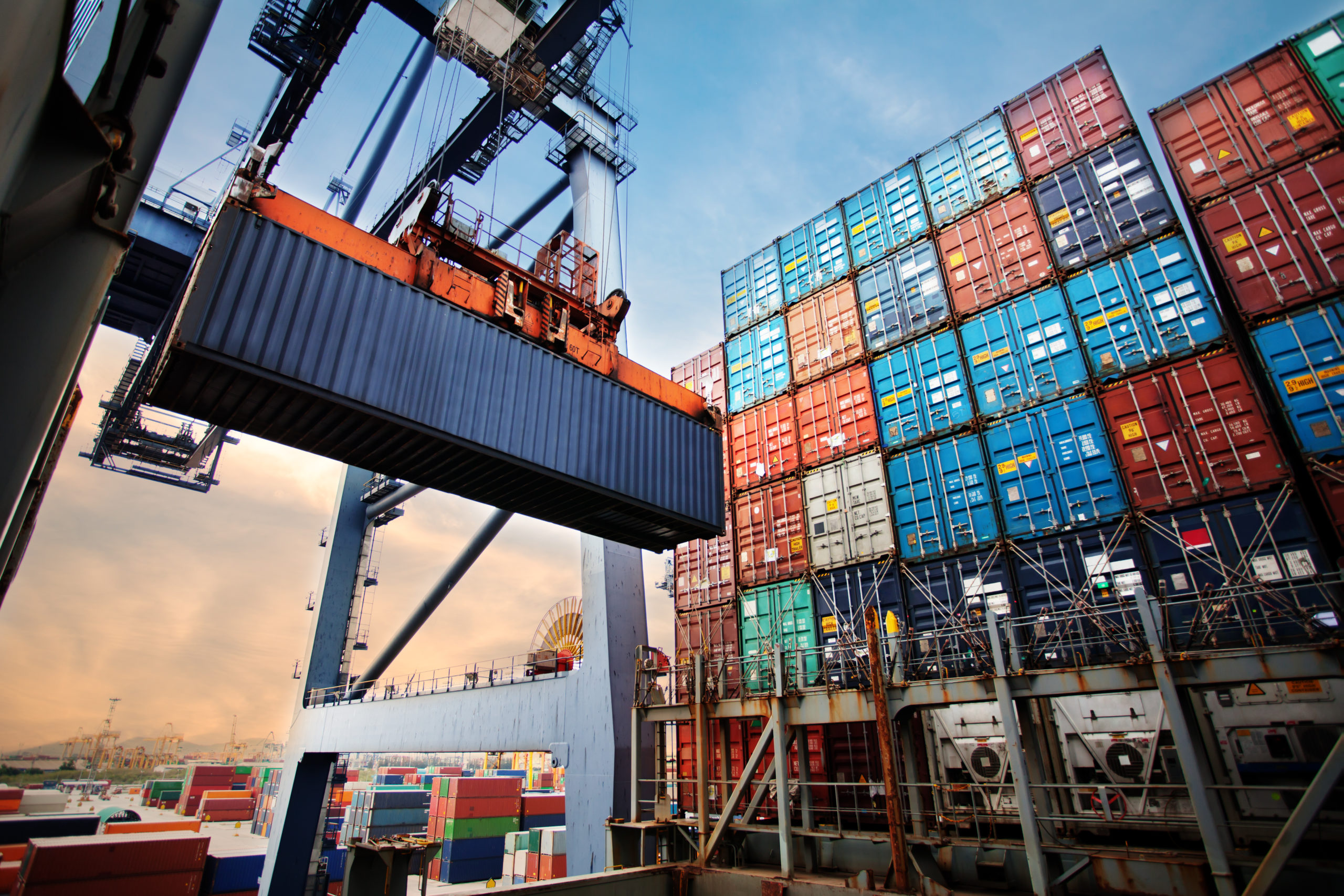- People
- Expertise
Our expertise
We are a team of more than 600 professionals, with the depth of experience which makes us genuine experts in our fields. Together, gunnercooke’s people have strength across just about every corporate discipline and sector. We provide legal, commercial and strategic advice that delivers real value to the clients we work with, which span from multinational enterprises through to not-for-profit organisations. Our breadth of expertise also covers specialist and emerging disciplines charity, crypto, sports and competition law.
Search by practice areaDispute ResolutionDispute Resolution OverviewMeet the Dispute Resolution TeamIntellectual Property DisputesFinancial Services & FinTech OverviewProceeds of CrimeEmployment TribunalTax InvestigationProperty Dispute ResolutionInsolvency DisputesMediationCivil Fraud & Asset TracingHealth & SafetyBusiness Crime & InvestigationsLitigation & ArbitrationInternational Arbitration - International
International Offices
The gunnercooke group has 16 main global offices across England, Scotland, the US, Germany and Austria, with further plans for growth in the coming years. These offices enhance the existing in-house capability of our dedicated international teams and dual-qualified experts that cover Spain, France, Italy, Portugal, Brazil, China, India, Poland and Hungary. Our team have clients across 126 jurisdictions, speak 46 languages and are dual-qualified in 22 jurisdictions. Our expertise means we can offer large teams to carry out complex cross-border matters for major international clients.
- Our story
Our story
gunnercooke is a top commercial law firm. We comprise a rapidly growing number of experts spanning legal and other disciplines. Clients benefit from flexible options on fees to suit their needs, access to a wider network of senior experts throughout the relationship, and legal advice which is complemented by an understanding of the commercial aspects of running a business.
- Reading Room
- News & Insights

In a significant move for international commerce and aviation finance, the United Kingdom and India have taken two major steps this month to strengthen their economic partnership.
First, India enacted the Cape Town Convention, effective as of 1 May 2025. Second, the UK and India signed a long-awaited bilateral trade agreement.
Together, these developments mark a pivotal moment in cross-border trade and investment between the two nations.
What does this mean for the future of UK-India trade?
The Cape Town Convention is an international treaty aimed at standardizing transactions involving high-value movable assets, most notably aircraft. By providing enhanced legal certainty and creditor protections, the Convention significantly reduces the risk for lenders and investors.
India’s implementation sends a strong signal to global investors, particularly in aviation and leasing—that it is committed to improving legal frameworks and fostering a more secure business environment. This is expected to unlock billions in foreign capital, particularly from UK-based lessors and financial institutions seeking transparent, enforceable conditions.
Meanwhile, the UK-India trade agreement, years in the making, represents a strategic shift in bilateral economic engagement. Key features include reduced tariffs, simplified regulatory procedures, and increased market access in sectors such as pharmaceuticals, green energy, education, and digital services.
For the UK, it supports a post-Brexit strategy of strengthening ties with major non-EU economies. For India, it aligns with national goals to boost exports and attract foreign investment.
What Comes Next?
The immediate priority will be implementation. Regulatory alignment, especially in complex, high-growth sectors like technology and services, will be critical to realizing the deal’s potential.
Business communities in both countries will be watching for tangible outcomes:
- Will customs and compliance procedures improve?
- Will financing become more accessible with the Cape Town framework in place?
In the longer term, this convergence could lay the foundation for deeper cooperation in areas such as defence, AI, space exploration, infrastructure, energy (including renewables), and critical minerals.
As both countries look to diversify trade amid shifting global power dynamics, the opportunity for a more ambitious, mutually beneficial economic relationship is clear.
Will businesses capitalise on this momentum?
That depends both on how
- quickly both governments and their private sectors act; and
- well-advised companies are as they navigate the new landscape.
The foundations are now stronger than ever. With the right guidance from trusted legal and professional advisers, UK and Indian businesses are well-positioned to turn both policy into progress and promise into growth.
Keen to know more?
At gunnercooke, we have significant experience advising UK and Indian entities on cross-border trade in the aviation sector and beyond. You can contact Simon J Murfitt 麥富德 for specialist support at [email protected] or +44 3330 143 401. You can also visit our India Desk here.




